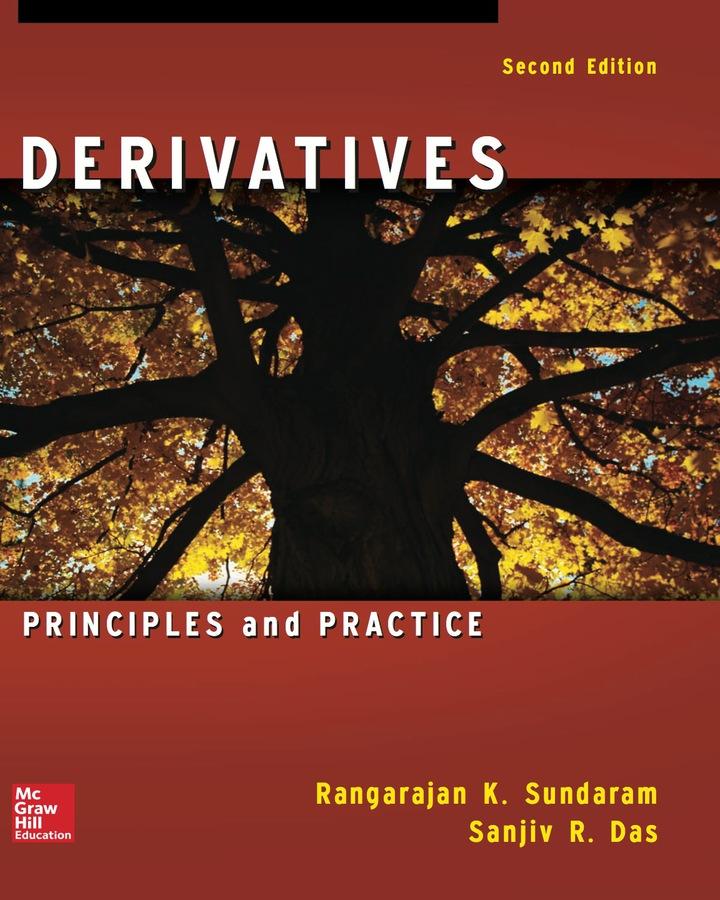A corridor option is one that pays a fixed sum M if the price at maturity lies
Question:
A corridor option is one that pays a fixed sum M if the price at maturity lies between two specified levels K1 and K2 but nothing otherwise. Consider a two-period binomial tree with parameters u = 1.10 and d = 0.91. Suppose the initial stock price is S = 100 and r = 1.01.
(a) Find the initial value and the value at all points on the tree of a corridor option that pays M = 10 if the price lies between K1 = 90 and K2 = 110 (both prices inclusive), and nothing otherwise.
(b) Find the deltas of the corridor option at all points in the tree. Intuitively, why is the delta positive in parts of the tree and negative in others?
Fantastic news! We've Found the answer you've been seeking!
Step by Step Answer:
Related Book For 

Question Posted:





